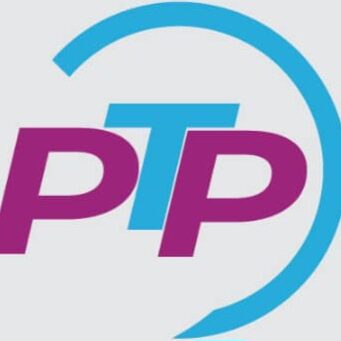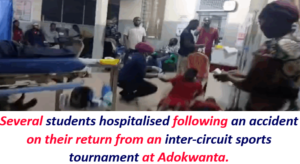CSSPS Chaos: 700 schools available, but parents chase only 100

CSSPS Chaos: 700 schools available, but parents chase only 100.
Kofi Asare, Executive Director of Africa Education Watch, has stated that the recurring confusion over the Computerised School Selection and Placement System (CSSPS) stems not from a lack of space, but from a mismatch between student expectations and available resources.
Speaking on The Big Issue on Channel One TV on Saturday, September 27, 2025, Mr. Asare explained that while the government has enough spaces to accommodate all qualified candidates, the demand for top schools far outweighs availability.
“The problems are not entirely new, apart from one which is new, a problem that was resolved in the past, I don’t know how it resurfaced this year. But generally, the issues relating to parents’ resentment of schools that the computer placed them in are normal, and they are going to be with us so far as we have inadequate resources as a lower-middle-income country,” he noted.
According to him, all 590,000 candidates who qualified for Senior High School placement can be enrolled, but the real challenge lies in parental preferences.
“The government of Ghana has adequate spaces to accommodate all 590k or so candidates who have qualified for placement. What the Government of Ghana does not have is the taste of all the 590k students. So there will definitely be some dis-equilibrium between the expectation of candidates, parents on one side, and the government’s ability to provide education to their taste,” he stressed.
He explained that despite having over 700 Senior High Schools nationwide, most parents and candidates focus on less than 100 Category A and B schools, creating intense competition.
“Everybody wants to attend a good Category A and Category B school. You have about 700 plus Senior High Schools, and then you have people chasing about 100 schools. So these issues will continue to emerge so long as there are resource deficits,” he said.
Mr. Asare emphasised that without bridging the infrastructure gap, placement-related tensions will remain a recurring feature of Ghana’s education system.





